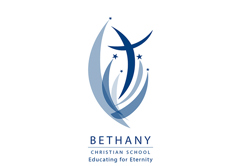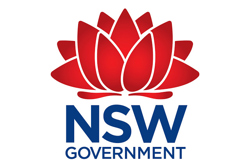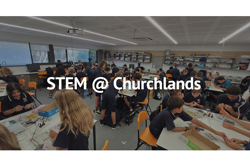St Finbarr's School - Professional Development makes a difference
The schools challenge was: growing the engagement, progress and achievement of each student in digital literacy and enhancing teachers’ knowledge, understanding and skills in order to improve pedagogy in Digital Technology.
Additional details
| Year band(s) | Foundation, 1-2, 3-4, 5-6 |
|---|---|
| Content type | School stories, Whole School |
| Format | Web page |
| Organisation | ESA |
| Copyright | Creative Commons Attribution 4.0, unless otherwise indicated. |
Related resources
-

GenAI readiness and implementation modules
As generative AI (GenAI) becomes an increasingly important tool in education, it's essential for teachers to understand both its potential and its limitations. This two-module offering equips teachers with the knowledge and practical skills to use GenAI tools like Copilot effectively in the classroom. Teachers will enhance their own digital literacy while learning how to guide students in using AI responsibly and thoughtfully. By focusing on teacher readiness and practical classroom strategies, the modules support the development of students who can navigate AI in both classroom and everyday contexts. The modules were developed in collaboration with Microsoft.
-

Design thinking and digital technologies
A school's journey in implementing the Australian Curriculum: Digital Technologies
-

Computational thinking in a creative learning environment
At this small NSW school the teachers at the school embarked on a project focusing on student engagement.
-

Robotics through coding
Read the article in this Scan magazine by Kylie Burrett, a teacher librarian at Whitebridge High School, who explains how a lunchtime robotics and coding club has helped students to engage with technology and learn essential 21st century skills.
-

STEM ideas
A cross curricular learning program designed to prepare students for the jobs of tomorrow.
-

AI readiness: Preparing teachers for safe and effective use of GenAI
The module aims to increase teacher readiness when using generative AI (GenAI). It builds teachers' own digital literacy around GenAI and equips them to develop their students’ digital literacy capabilities. It is aimed at Australian F–12 teachers interested in learning about and exploring the use of generative AI for streamlining admin tasks and personalising learning, safely and responsibly. The module was developed in collaboration with Microsoft.
-

Algorithms: F-10 infographic
This series of three infographics provide an explanation of ‘Algorithms’ with relevant examples for each Year band and ‘I can’ statements.
